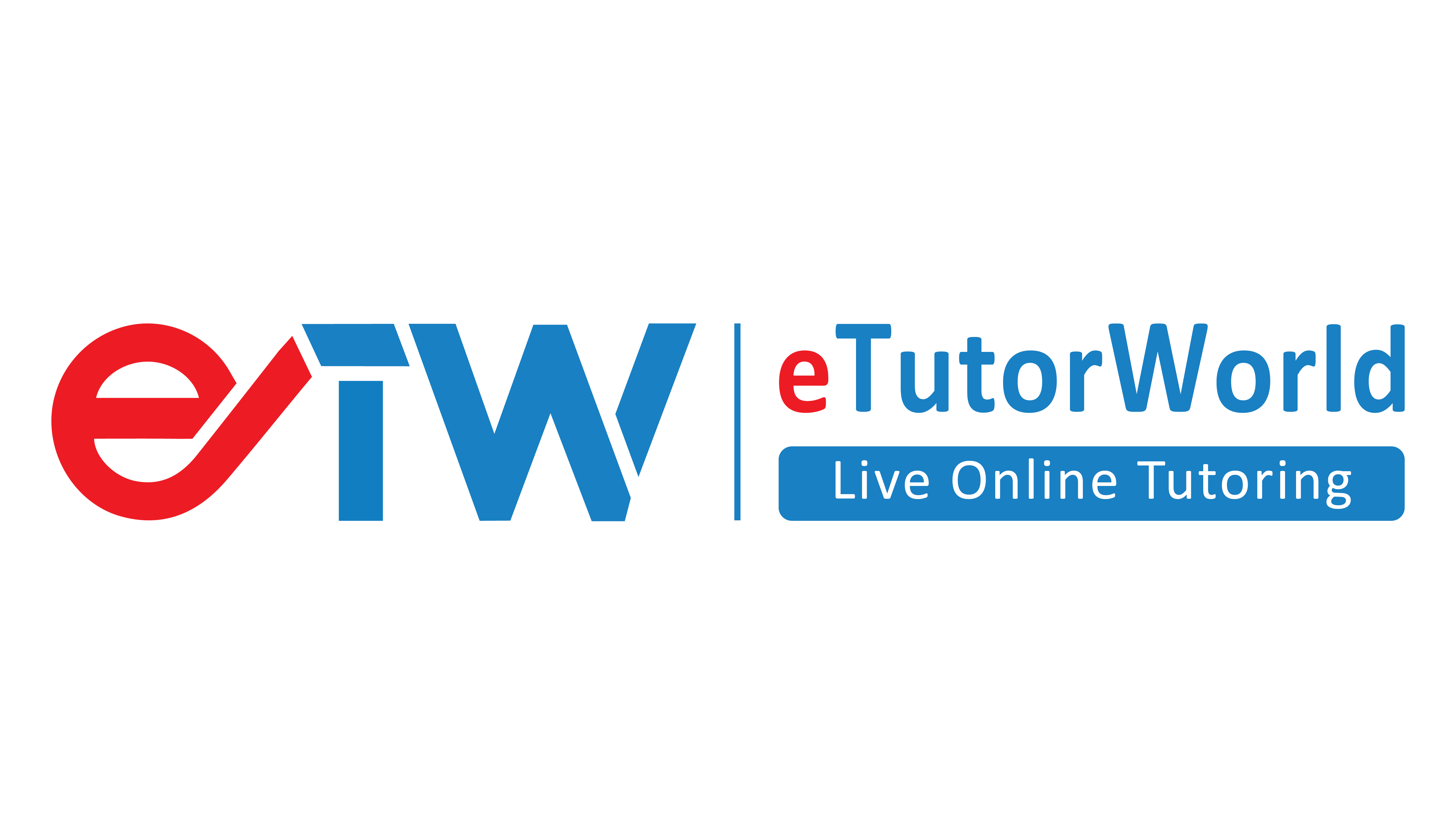Last month, I had a chance to attend one of the three forums on the Common Core Standards organized by New York State senator Greg Ball’s office at the Lakeland Copper Beach Middle School in Yorktown Heights.
I was quite astonished at the turnout. Nearly 100 students and parents showed up. The event was organized primarily to get student input on the new Common Core standards that were in varying stages of implementation in New York.
Senator Ball has also launched a petition to stop Common Core in NYS on his Senate website that now has over 7,000 signatures. In early February, the State Board of Regents of New York voted to delay the implementation of the Common Core Standards until 2022.
And, that is just the state of New York. Politicians, Educators, and public policy officials across the country have been up in arms over the Common Core standards. It is hard to imagine any other public policy initiative aimed at K-12 Education in the recent past that has generated so much controversy.
The Blog will attempt to shed some perspective on the same and provide some guidance to parents & students – the principals most impacted by the Common Core Standards
First, a bit of history and Common Core 101.
The Common Core grew out of a concern that the 2001 No Child Left Behind law had lowered the bar on what students should learn since the law required improvement in test scores but left it up to states to write their own tests. It sets out a sequence of skills, or “competencies,” for students to master.
In a nutshell, The Common Core State Standards Initiative is an education initiative that details what K-12 students should know in English language arts and mathematics at the end of each grade.
The initiative was sponsored by the National Governors Association (NGA) and the Council of Chief State School Officers (CCSSO) and sought to establish consistent education standards across the states as well as ensure that students graduating from high school are prepared to enter two- or four-year college programs or enter the workforce.
Forty-five of the fifty U.S. states and the District of Columbia are members of the Common Core State Standards Initiative, with the states of Texas, Virginia, Alaska, and Nebraska not adopting the initiative at a state level. Minnesota has adopted the English Language Arts standards but not the Mathematics standards.
Although the states adopted the Common Core standards, their implementation across the country has been choppy – to say the least. The Common Core Inc. – a non-profit organization that was started to help schools design curriculum plans has not been effective in rolling out the implementation of the Common Core standards.
There has been much wrangling among educators as to whether the standards are strong enough to prepare students for STEM (Science, Technology, Engineering & Math) careers.
According to a report published by the Pioneer Institute in October 2013 (“Lowering the Bar – How Common Core Math Fails to Prepare High School Students for STEM), co-authors James Milgram (Professor of Mathematics Emeritus, Stanford University and Sandra Stotsky (Professor of Education Emerita, University of Arkansas) argue that the Common Core deliberately leaves out major topics in pre-calculus and trigonometry.
According to them, this leaves students at a major disadvantage when they start their undergraduate work in support of a bachelor’s degree in a STEM area. In contrast, parents & students have been voicing their anger and frustration over the homework & testing regimen mandated by the Common Core standards.
In April 2013, the New York Times reported the complaints from parents and students in the New York area school districts with respect to the level of difficulty with the tests.
According to the Times, the complaints were plentiful: the tests were too long; students were demoralized to the point of tears; teachers were not adequately prepared. Some parents, long skeptical of the emphasis on standardized testing, forbade their children from participating.
All of the above begs the question: how is a parent or a student supposed to prepare oneself in the state of confusion, uncertainty, and the lack of resources that exists within schools today in meeting the challenges posed by the choppy adoption of the Common Core standards?
Fortunately, the Web has a couple of answers for us. By leveraging online self-directed resources such as Khan Academy or assisted resources such as eTutorWorld, both parents and students have the tools to help them navigate the challenges posed by the Common Core standards.
Khan Academy provides the necessary content for parents & students to become familiar with some of the content of the Common Core.
eTutorWorld provides live tutors that have the ability to provide one-on-one instruction and reinforcement on topics within the Common Core. So, there is help at hand. It is up to the parents and students to intelligently leverage these resources while school districts across the country grapple with the implementation of the Common Core standards.


